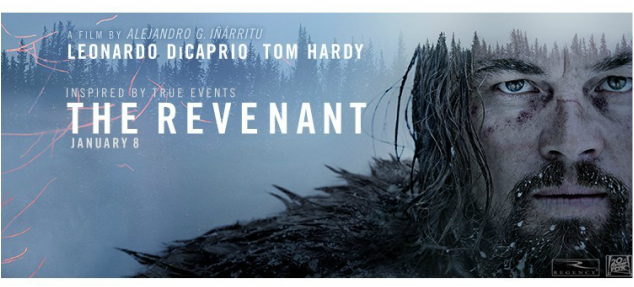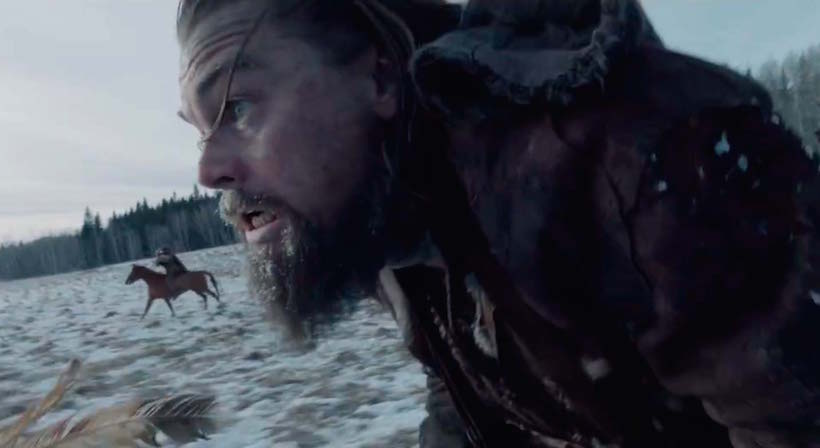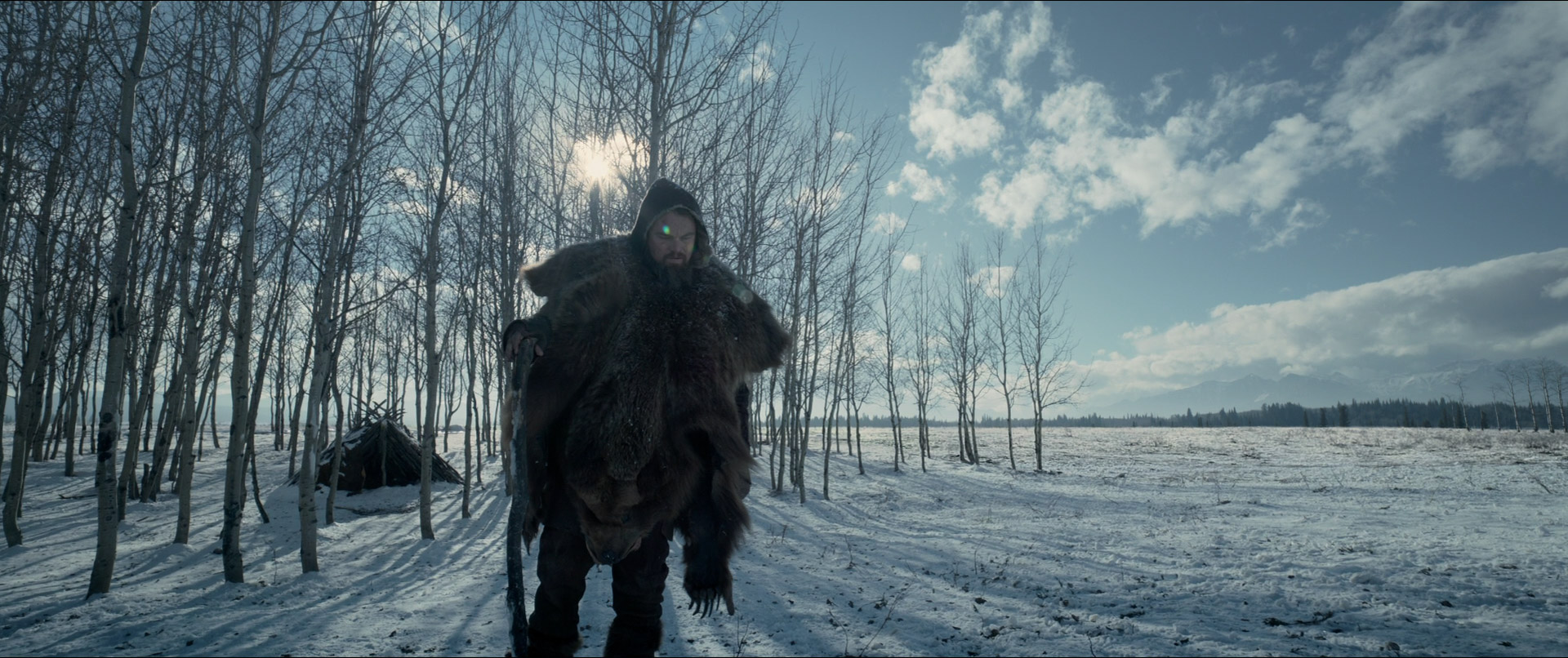The Revenant (2015)

The Revenant (2015) is an epic survival drama that masterfully captures the relentless power of nature and the unyielding determination of the human spirit. Directed by Alejandro G. Iñárritu, this visually stunning film is inspired by the true story of frontiersman Hugh Glass, as depicted in Michael Punke’s novel of the same name. With its breathtaking cinematography, gripping narrative, and a career-defining performance by Leonardo DiCaprio, The Revenant is both a visceral and meditative exploration of survival, revenge, and the primal forces that drive us.
Set in the harsh wilderness of the American frontier during the 1820s, the story begins with Hugh Glass (Leonardo DiCaprio) guiding a fur-trapping expedition through uncharted territory. When the group is ambushed by a hostile Arikara war party, Glass and a small band of survivors—including his young half-Pawnee son Hawk (Forrest Goodluck)—retreat into the wilderness. Their struggle to evade the relentless pursuit of the Arikara sets the stage for a tale of brutality and endurance.
Glass’s journey takes a devastating turn when he is savagely mauled by a grizzly bear in one of the film’s most harrowing and unforgettable sequences. Barely clinging to life, he is abandoned by his companions, including the callous and self-serving John Fitzgerald (Tom Hardy), who murders Hawk and leaves Glass for dead. Fueled by an unquenchable desire for revenge and the will to survive, Glass embarks on a grueling trek through frozen landscapes, facing starvation, hypothermia, and hostile forces in his quest to confront Fitzgerald.
Leonardo DiCaprio delivers a transformative performance, immersing himself in the physical and emotional demands of the role. With minimal dialogue, DiCaprio conveys Glass’s pain, resilience, and unrelenting drive through raw physicality and expressive nuance. His portrayal earned him his long-awaited Academy Award for Best Actor, a testament to the depth and intensity of his performance. Tom Hardy is equally compelling as Fitzgerald, bringing complexity to the film’s antagonist with a mix of cunning, desperation, and survivalist pragmatism.
The film’s visual storytelling is nothing short of breathtaking. Emmanuel Lubezki’s cinematography, shot entirely with natural light, captures the unforgiving beauty of the wilderness with stunning clarity and immersive detail. Sweeping vistas, icy rivers, and dense forests create an almost otherworldly backdrop, while the camera’s intimate focus on Glass’s wounds and struggles grounds the narrative in visceral realism. The use of long takes and fluid tracking shots enhances the immediacy of the action, making every moment feel urgent and inescapable.
Thematically, The Revenant delves into the primal instincts that drive human survival and revenge. Glass’s journey is as much an internal struggle as it is an external one, with his visions of his deceased wife and son serving as reminders of his humanity amidst the savagery around him. The film also explores the clash between man and nature, as well as the tensions between indigenous peoples and European settlers during a time of conquest and exploitation.
Ryuichi Sakamoto’s haunting score underscores the film’s meditative tone, blending somber strings with ambient sounds that evoke the vastness and solitude of the frontier. The sound design amplifies the film’s immersive quality, from the crunch of snow underfoot to the guttural growls of the bear attack, pulling viewers into Glass’s harrowing reality.
The Revenant is not just a survival story—it is a meditation on resilience, revenge, and redemption. It challenges viewers to confront the extremes of human experience, from the brutality of nature to the depths of emotional pain. With its stunning visuals, powerful performances, and thought-provoking themes, the film stands as a monumental achievement in modern cinema, a raw and uncompromising testament to the endurance of the human spirit. 











